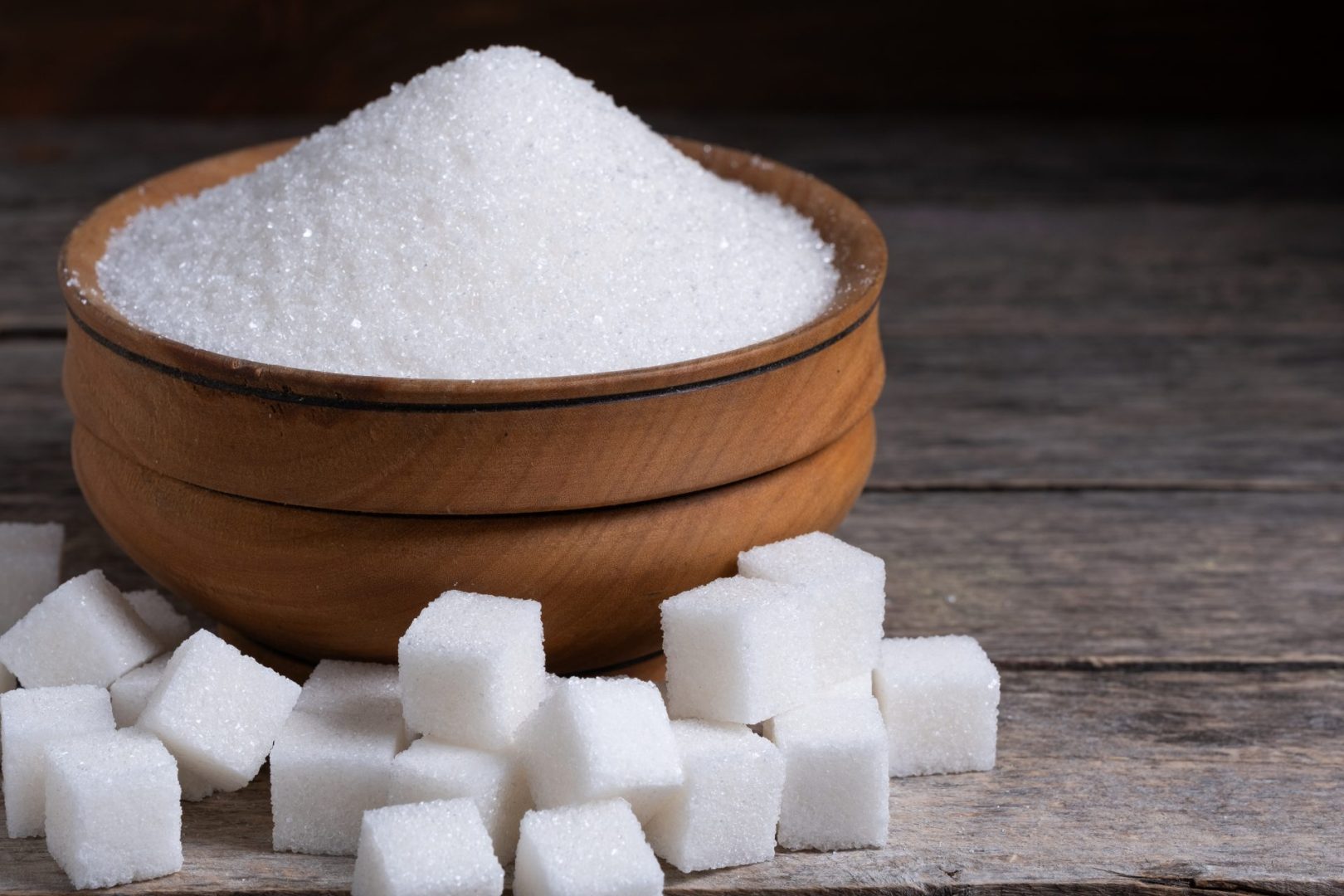Your body sends clear distress signals when overwhelmed by excessive sugar consumption, but many people miss these crucial warnings until serious health problems develop. Understanding these signs can help you recognize when your sweet tooth has crossed the line from occasional indulgence to dangerous overconsumption.
Sugar affects every system in your body, from your energy levels to your immune function. When you consume more sugar than your body can properly process, it begins to rebel in ways that might surprise you. These symptoms often develop gradually, making them easy to dismiss as normal everyday issues.
The hidden epidemic affecting millions
Modern diets contain far more sugar than previous generations ever consumed, with the average person unknowingly eating sugar equivalent to what our ancestors might have consumed in an entire year. This dramatic increase isn’t just from obvious sources like candy and soda, but from hidden sugars in processed foods, sauces, and even seemingly healthy options.
Your body wasn’t designed to handle this constant sugar assault, and it responds by developing various symptoms that serve as early warning systems. Recognizing these signs early can help prevent more serious complications like diabetes, heart disease, and other chronic conditions.
1. Constant energy crashes and fatigue
One of the most telling signs of sugar overload is the rollercoaster of energy levels throughout the day. After consuming sugar, you experience a quick burst of energy followed by a dramatic crash that leaves you feeling more tired than before you ate anything.
This cycle occurs because sugar causes rapid spikes in blood glucose levels, prompting your pancreas to release large amounts of insulin to bring those levels back down. When insulin does its job too well, your blood sugar drops below normal levels, creating that familiar sluggish, foggy feeling.
If you find yourself reaching for sugary snacks every few hours just to maintain basic energy levels, your body is likely struggling to regulate blood sugar properly. This constant demand for quick energy fixes indicates that your natural energy production systems are being overwhelmed.
2. Intense and frequent sugar cravings
When your body becomes accustomed to high sugar intake, it begins to demand more sugar to achieve the same satisfying effects. This creates a cycle where you need increasingly larger amounts of sugar to feel normal, similar to how addiction develops with other substances.
These cravings often feel urgent and impossible to ignore, particularly in the afternoon or evening hours. You might find yourself thinking about sweets constantly or feeling anxious when sugary foods aren’t available. The cravings can become so strong that they interfere with your ability to make rational food choices.
Normal hunger feels different from sugar cravings, which tend to be specific, intense, and focused on sweet or refined carbohydrate foods rather than nutritious options that would actually satisfy your body’s needs.
3. Unexplained weight gain and bloating
Excessive sugar consumption leads to weight gain through multiple mechanisms that go beyond simple calorie counting. Sugar triggers insulin release, which promotes fat storage, particularly around the midsection where it poses the greatest health risks.
The bloating that accompanies sugar overload occurs because excess sugar feeds harmful bacteria in your gut, creating an imbalance that leads to digestive issues. This bacterial overgrowth produces gas and inflammation that makes you feel uncomfortably full and swollen.
Weight gain from sugar overconsumption often happens gradually and may be accompanied by increased water retention. Your clothes might feel tighter, and you may notice puffiness in your face and extremities that wasn’t present before.
4. Frequent infections and slow healing
Sugar suppresses your immune system’s ability to fight off infections and heal injuries effectively. High blood sugar levels interfere with white blood cell function, making you more susceptible to colds, flu, and other illnesses.
You might notice that minor cuts and scrapes take longer to heal than they used to, or that you seem to catch every bug that goes around your workplace or family. Skin issues like acne, eczema, or fungal infections may also become more frequent and severe.
This immune suppression can create a cycle where you feel run down and reach for sugary comfort foods, which further weakens your immune response and perpetuates the problem.
5. Mood swings and irritability
The same blood sugar fluctuations that cause energy crashes also dramatically affect your mood and emotional stability. When blood sugar drops rapidly after a sugar spike, it can trigger feelings of anxiety, irritability, and even depression.
You might notice that you become unreasonably angry or upset over minor issues, particularly when you’re hungry or haven’t eaten in a while. This emotional volatility often surprises people who don’t connect their mood changes to their eating patterns.
The brain relies on steady glucose levels to function properly, and when those levels fluctuate wildly, it affects your ability to think clearly, make decisions, and regulate emotions effectively.
6. Sleep disruption and restless nights
Sugar consumption, especially later in the day, can significantly impact your sleep quality and duration. The energy spikes and crashes don’t stop just because it’s bedtime, and your body may struggle to maintain stable blood sugar levels throughout the night.
You might find yourself waking up frequently, feeling restless, or experiencing night sweats. Morning headaches and grogginess that coffee can’t seem to fix are also common signs that sugar is interfering with your sleep cycles.
Poor sleep quality creates a vicious cycle because sleep deprivation increases cravings for high-sugar foods the next day, making it even harder to break the pattern of overconsumption.
7. Dental problems and gum issues
Your mouth provides some of the most obvious signs of sugar overload, as harmful bacteria thrive in the presence of excess sugar. You might notice increased tooth sensitivity, more cavities despite good oral hygiene, or bleeding and swollen gums.
Bad breath that persists despite brushing and flossing can also indicate that sugar is feeding bacterial overgrowth in your mouth. The bacteria produce acids that erode tooth enamel and irritate gum tissues, leading to progressive dental problems.
These oral health issues often develop gradually, making them easy to attribute to other factors. However, if you’ve noticed a decline in your dental health coinciding with increased sugar consumption, the connection may be more direct than you realize.
Breaking free from sugar overload
Recognizing these signs is the first step toward reducing your sugar intake and restoring your body’s natural balance. The good news is that many of these symptoms begin to improve relatively quickly once you reduce sugar consumption and allow your body to reset its regulatory systems.
Start by identifying hidden sources of sugar in your diet and gradually replacing them with whole, unprocessed foods. Focus on eating regular, balanced meals that include protein, healthy fats, and complex carbohydrates to maintain steady blood sugar levels throughout the day.


















